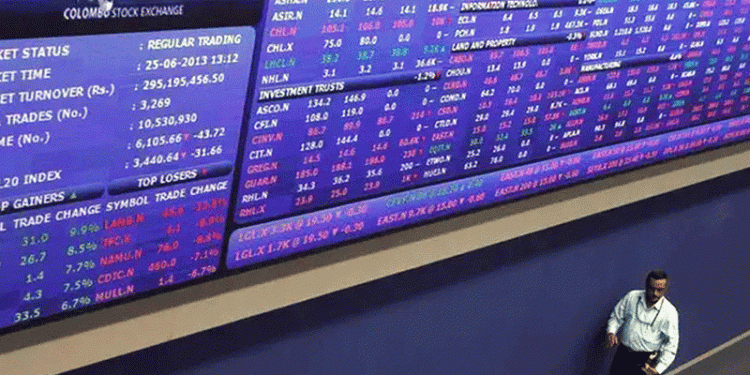BUDAPEST: Hungarian assets eased on Friday, underperforming their Central European peers, amid some low-scale positioning ahead of Sunday’s parliamentary elections in Hungary.
Prime Minister Viktor Orban is expected to win a third term in one of the bloc’s most closely-watched elections.
Orban is a leader of Central Europe’s resistance to the EU’s migrant quotas and French-German ambitions to deepen the bloc’s integration. Pollsters see a slim chance that the fragmented opposition could drive Orban out of power.
That would make Hungary’s economic and monetary policy outlook uncertain, and provide an unpriced big upset to markets.
Hungarian government bond yields, which have been kept low by unorthodox measures from the central bank led by an Orban ally, rose by two basis points, with 10-year bonds trading at 2.53 percent at 1237 GMT.
But trade was thin, and the selling of 2038-expiry bonds by one investor probably caused the rise rather than worries over the election, one Budapest-based trader said.
“People are just waiting to get over this (election) finally,” the trader added.
The forint drifted off Thursday’s 16-day highs against the euro and was trading at 312.30 at 1300 GMT.
It weakened 0.3 percent from Thursday, while the region’s other main currencies hardly moved. Attempts to push it towards a one-month low beyond 313.25 lacked vigour.
Central European equities fell in early trade, led by Budapest as an escalating US-China trade war cut risk appetite, but almost fully recovered in afternoon trade.
Budapest’s bluechip index was down 0.1 percent at 1300 GMT, while Prague shed a quarter of a percent.
Hungarian and Czech industrial output growth slowed in February, according to data released early on Friday, reflecting a fall in Germany, the region’s key trade partner.
But output growth is expected to remain strong.
A minor weakening of the Czech crown confirmed that the country’s markets mostly shrug off political jitters.
Government coalition talks between the ANO party of Prime Minister Andrej Babis and the Czech Social Democratic party broke down late on Thursday.
The Czech central bank said in the minutes of its March meeting that risks to its forecasts were slightly anti-inflationary.
It is still expected to continue to deliver one more interest rate hike this year, in August or September, to fight inflation, Erste analysts Jiri Polansky and Jan Zemlicka said.
The crown is seen strengthening more than 2 percent against the euro over the next year, outperforming regional peers, a Reuters poll of analysts showed on Friday.
Some markets in the region, including Romania, are closed on Friday and Monday due to the Orthodox Easter.
Source: Brecorder


























